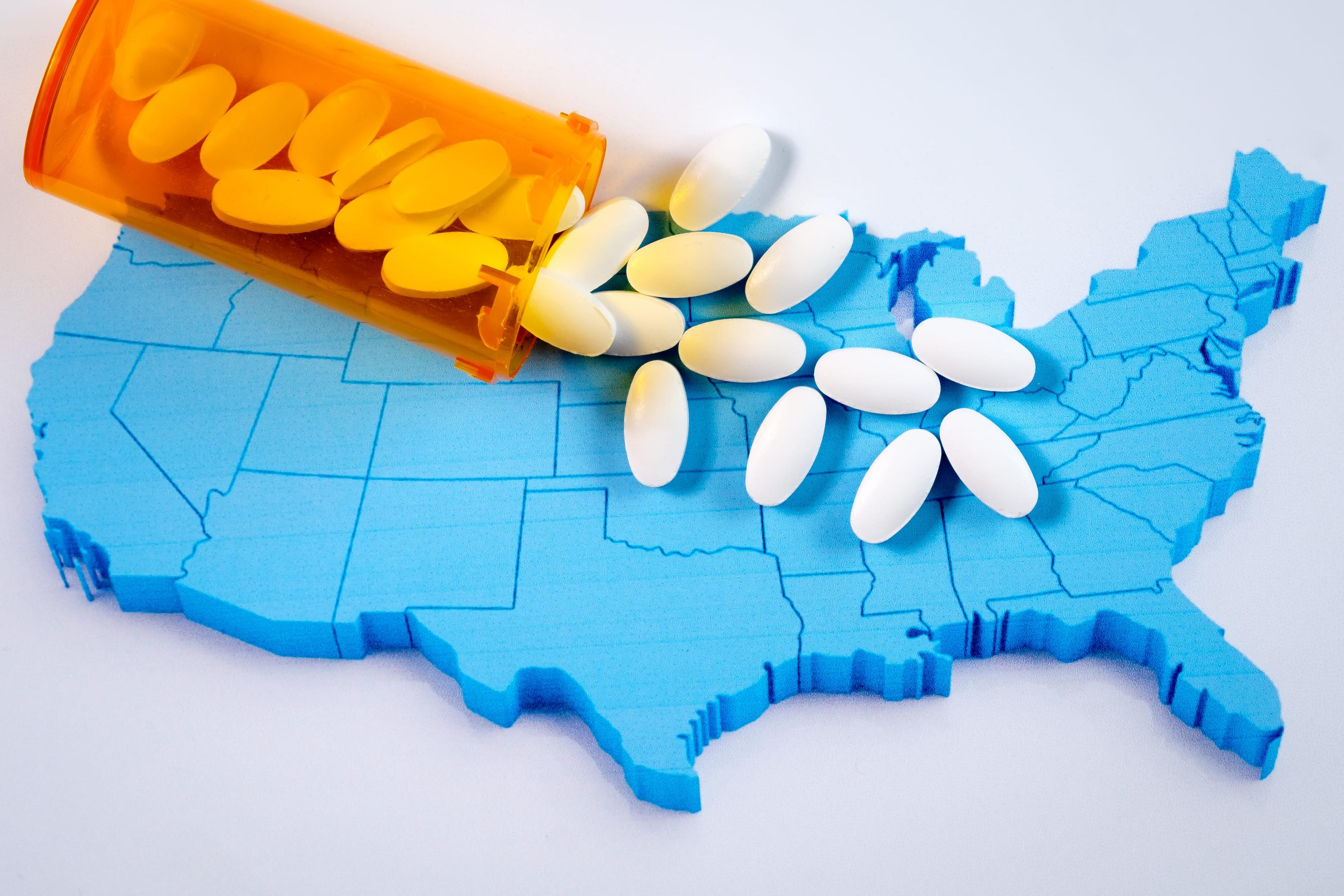
You likely took several factors into account when choosing your current health coverage: Will an HMO or PPO best suit my needs? Is my physician in- or out-of-network? Should I get added benefits such as short- or long-term disability or accident insurance? Will this plan fit my budget? If you are looking to keep your monthly costs low, you may have chosen a high-deductible health plan (HDHP). These plans come with lower monthly premiums, but you’ll have higher out-of-pocket costs you are responsible for paying before insurance kicks in. If you have a HDHP, you might wonder how that high deductible affects your prescription coverage. Here are a few things to know:
- They work just like traditional plans. According to Blue Cross Blue Shield of Michigan Pharmacy Consulting Specialist Hiral Patel, HDHP pharmacy benefits work the same as those that come with a plan like an HMO or PPO. “The member pays all costs until the deductible is met, then the plan will begin to pay for covered medications,” says Patel. If you haven’t met your deductible yet, you will still benefit by paying Blue Cross’ negotiated price for your medication.
- Get informed about your prescription costs. Since you’ll be paying more out-of-pocket, it’s even more important to be aware of how much your prescriptions will cost. “Expensive prescription medications can carry a heavy financial burden,” says Patel. “Because of this, I always encourage members to log in to their online account through the mobile app or bcbsm.com to price their medication and look for alternatives. Members can also ask their pharmacist to run a claim for their medication to find out how much it will cost. If necessary, they can ask their physician about lower-cost alternatives.”
- Funding options can help you save. “There are three major funding options available for individuals with high-deductible health plans,” says Patel. These are:
- Health Savings Account (HSA) – A tax-free account used to pay for qualifying out-of-pocket expenses, such as prescription costs. Unused funds contributed to this account can roll over year-over-year, and once you have a minimum balance, you can usually invest your money to cover future health care needs.
- Health Reimbursement Account (HRA) – If offered by your employer, this tax-free account is funded by your employer to use on qualified medical expenses each year. With this funding option, your employer will decide whether leftover money can roll over to the next year or not.
- Limited Purpose Flexible Spending Account (FSA) – If offered by your employer, this account pairs with a health savings account to help you pay for dental and vision and other eligible expenses. Depending on plan setup, you may lose any unspent funds at the end of the year.
Learn more about your pharmacy coverage and feel confident making medication-related decisions by visiting these blogs:
- Which Health Spending Account is Right for You?
- Everything You Need to Know About Your Health Care Plan—at Your Fingertips
- A Guide to Common Health Care Terms
Image Credit: rawpixel.com





